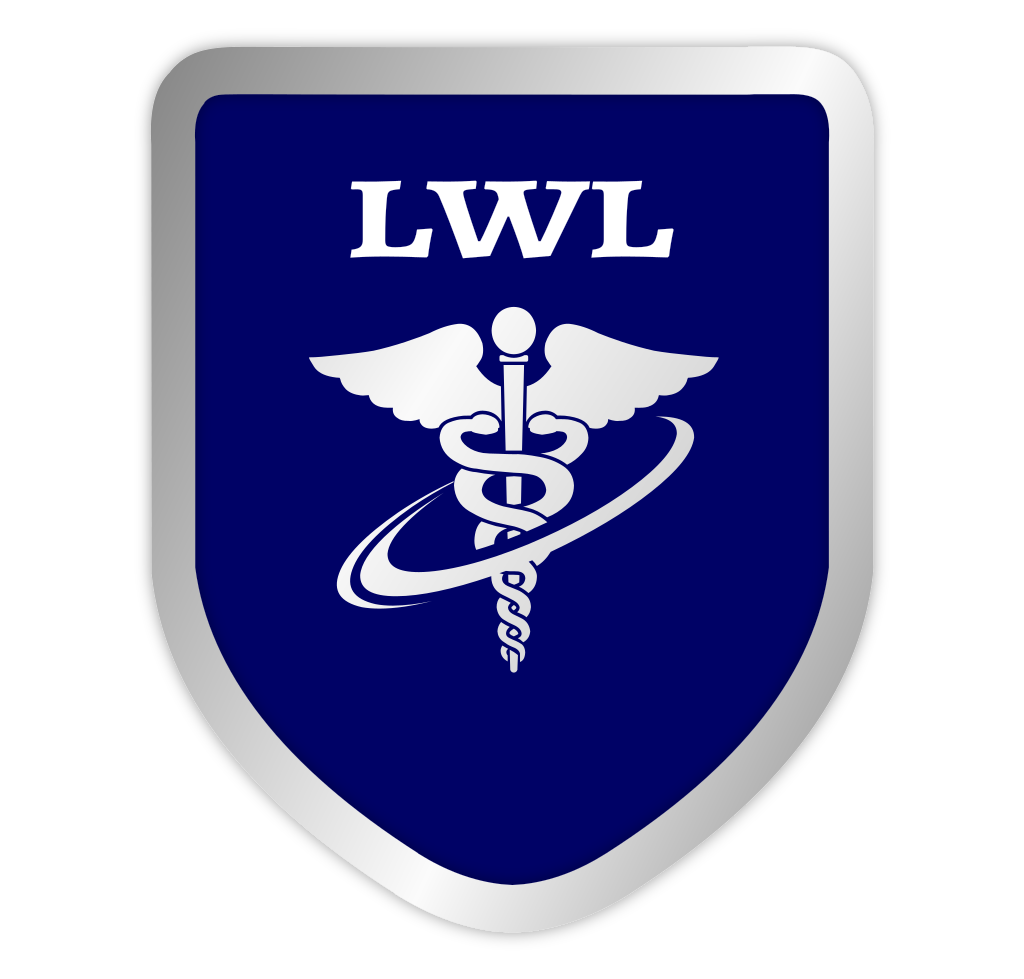Polycystic Ovarian
Syndrome (PCOS)
You may have heard this term or even been diagnosed with PCOS (Polycystic Ovarian Syndrome), but there is a lot of misinformation about what this medical condition means. Many people (doctors included) think that a diagnosis of PCOS requires cysts to be seen on the ovarian on imaging such as ultrasound. In reality, PCOS is a clinical diagnosis, meaning that it can be diagnosed if you have 2 of the following 3 characteristics:
Cysts on the ovaries
Irregular periods
Hyperandrogenism (meaning high testosterone levels, or evidence of high testosterone levels such as acne and facial hair)
Therefore, you can be diagnosed with PCOS even if cysts have not been seen on your ovaries if you meet the other 2 criteria.
The diagnosis of PCOS is particularly important when trying to lose weight because there is a very high chance that if you have PCOS, you also have a sensitivity to carbohydrates called insulin resistance or metabolic syndrome. In fact, twice as many women with PCOS have metabolic syndrome as compared to the general population, and 1/2 of women with PCOS have obesity. Additionally, patients with PCOS are 4 times as likely to develop diabetes mellitus type 2.
If you are unsure whether you have PCOS, you will be evaluated for clinical symptoms of PCOS and metabolic syndrome at your initial consultation with Dr. Mathur. If you do have PCOS, she will provide guidance on the most appropriate nutrition and medication(s) that are recommended. She will also review any supplements you are taking or are considering to determine whether they are medically necessary.
